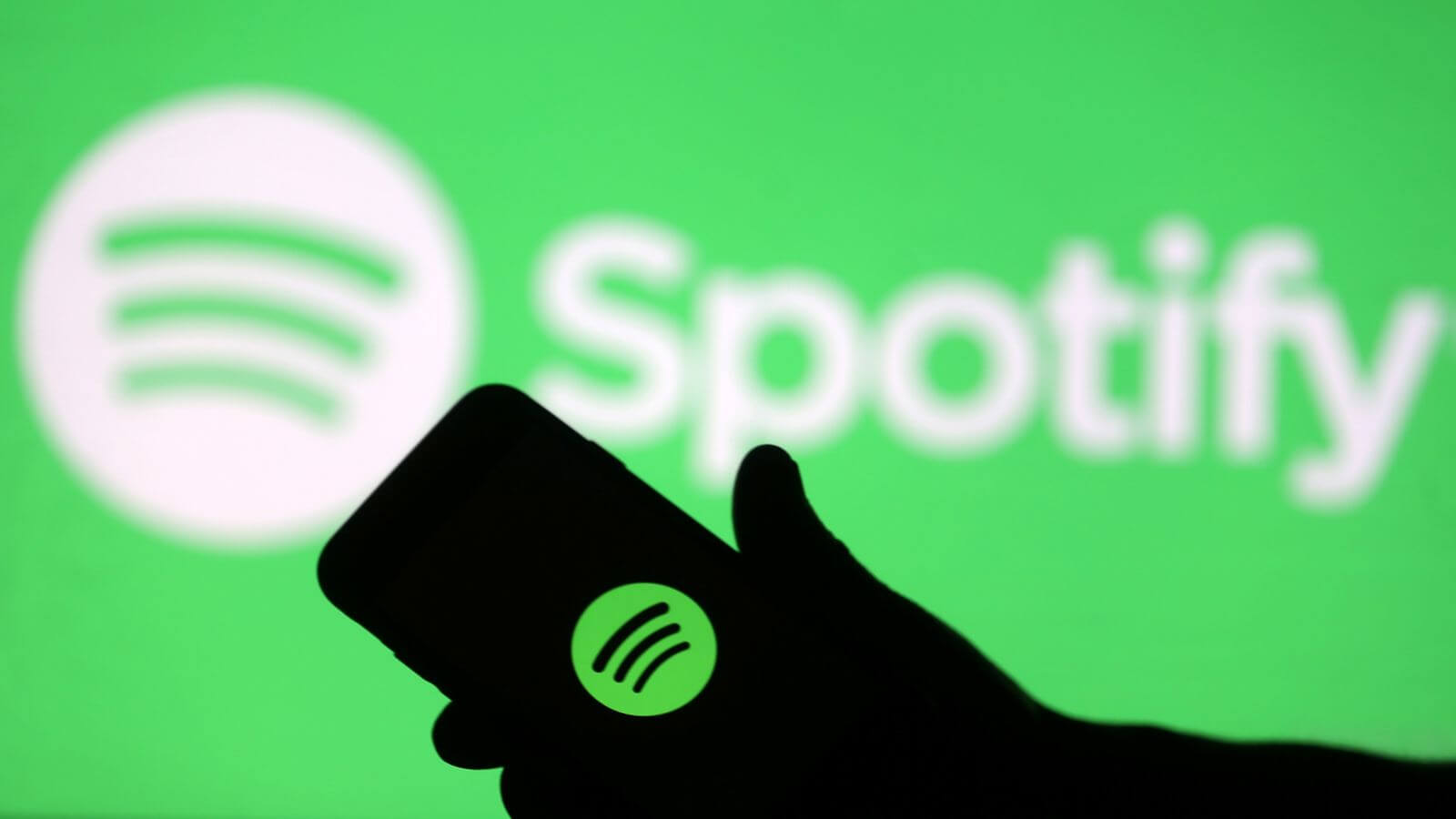Spotify criticises Apple’s App Store policy changes in response to EU rules
Image Credit: Sky News
Spotify has sharply criticised Apple’s recent changes to its App Store policies, calling them “deliberately confusing” and in violation of the European Union’s Digital Markets Act (DMA).
Apple claims the updated rules are intended to allow app developers more flexibility in promoting alternative payment options to users.
However, Spotify and other critics argue that the changes fail to address the fundamental issues and continue to disadvantage developers.
Spotify and Epic Games are not happy with Apple
Apple made its App store policy changes in direct response to the European Union Digital Markets Act (DMA).
The DMA, which came into effect in March 2024, aims to curb the dominance of major tech platforms by ensuring fair competition in the digital market.
Focusing on six core companies (Apple, Alphabet, Meta, ByteDance, Amazon and Microsoft), the DMA requires companies like Apple to allow app developers to use alternative payment systems and promote their services outside the App Store ecosystem.
In response, Apple announced that developers could now promote and offer deals directly within their apps, even if those deals are available on other platforms.
This marked a significant shift from Apple’s previous policy, which only allowed developers to link to external websites for such promotions.
However, Spotify and other developers argue that Apple’s new fees effectively undermine the DMA. Under the revised terms, Apple introduced two new fees: a 5% “Initial Acquisition Fee” and a 10% “Store Services Fee,” both of which are charged on a rolling 12-month basis.
Developers are also subject to a “core technology fee” for high-volume apps, which applies to each first annual install exceeding a one-million threshold.
These fees could push the total commission to as much as 25%—a figure that Spotify claims is in direct violation of the DMA’s intent.
Spotify has been a vocal critic of Apple’s App Store policies for years, particularly regarding the fees Apple charges for in-app transactions. The streaming giant contends that these fees are a form of “taxation” that stifles competition and innovation.
In its response to Apple’s latest changes, Spotify called on the European Commission to expedite its investigation into Apple’s compliance with the DMA and to impose daily fines until the company fully adheres to the law.
Meanwhile, Epic Games has also weighed in on the issue. Tim Sweeney, CEO of Epic Games, accused Apple of “malicious compliance” with the DMA.
He argues that the new fees Apple introduced are designed to penalise developers who attempt to move users to competing app stores, thereby maintaining Apple’s control over the app distribution market.
Apple, for its part, defends the fees as necessary to maintain and improve the App Store’s infrastructure. The company argues that it has invested heavily in creating a platform that benefits developers, and it is only fair that those who use the platform contribute to its upkeep.
Apple also pointed out that the fees are lower than those previously charged and that developers now have more freedom to communicate with users about alternative payment methods.
Despite these defences, it is clear that Spotify and Epic Games are not satisfied with Apple’s revised policies.
They argue that the new terms still give Apple an unfair advantage in the market and do not comply with the spirit of the DMA. The European Commission has indicated that it will review the feedback from developers and assess whether Apple’s changes are sufficient to meet the requirements of the law.

